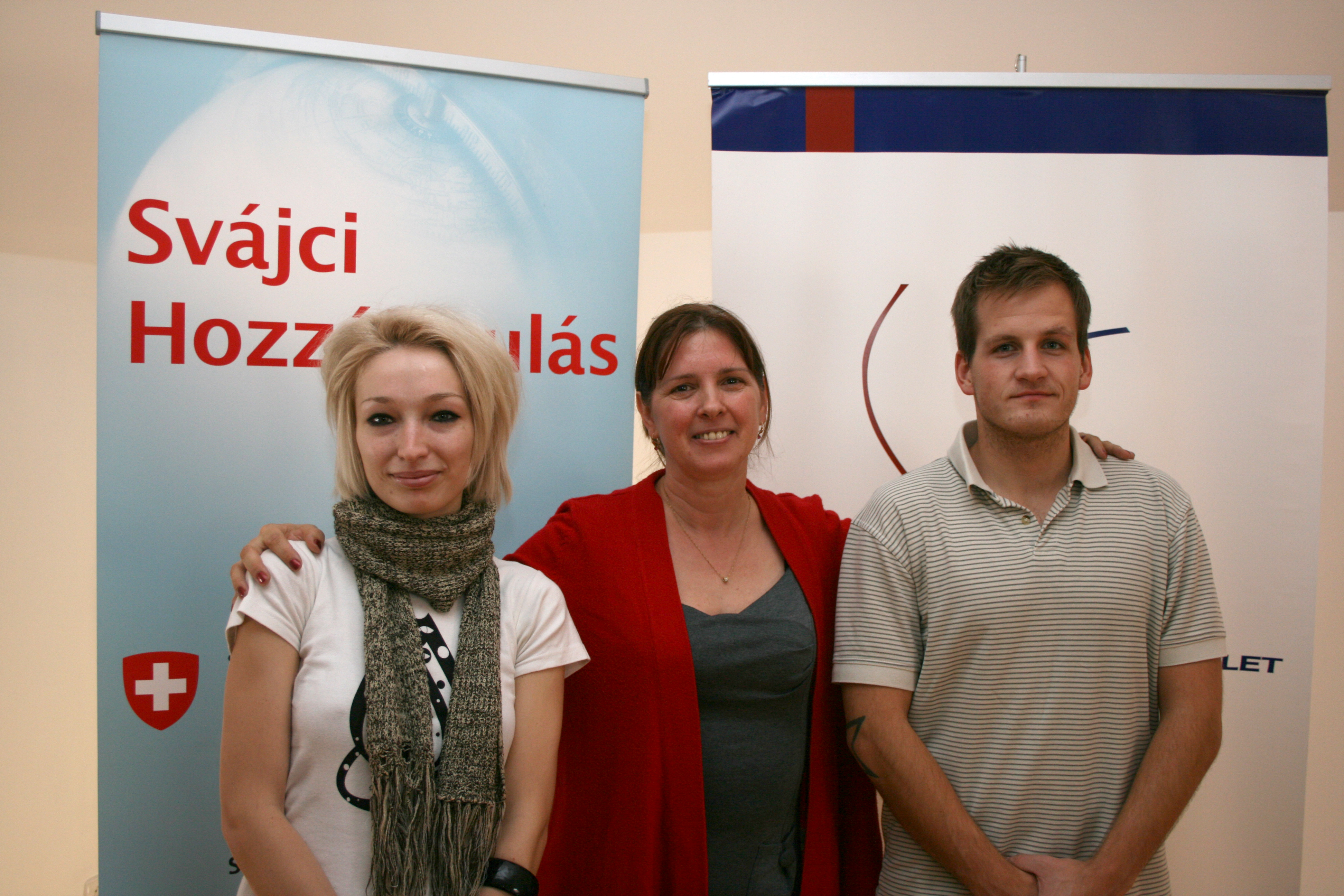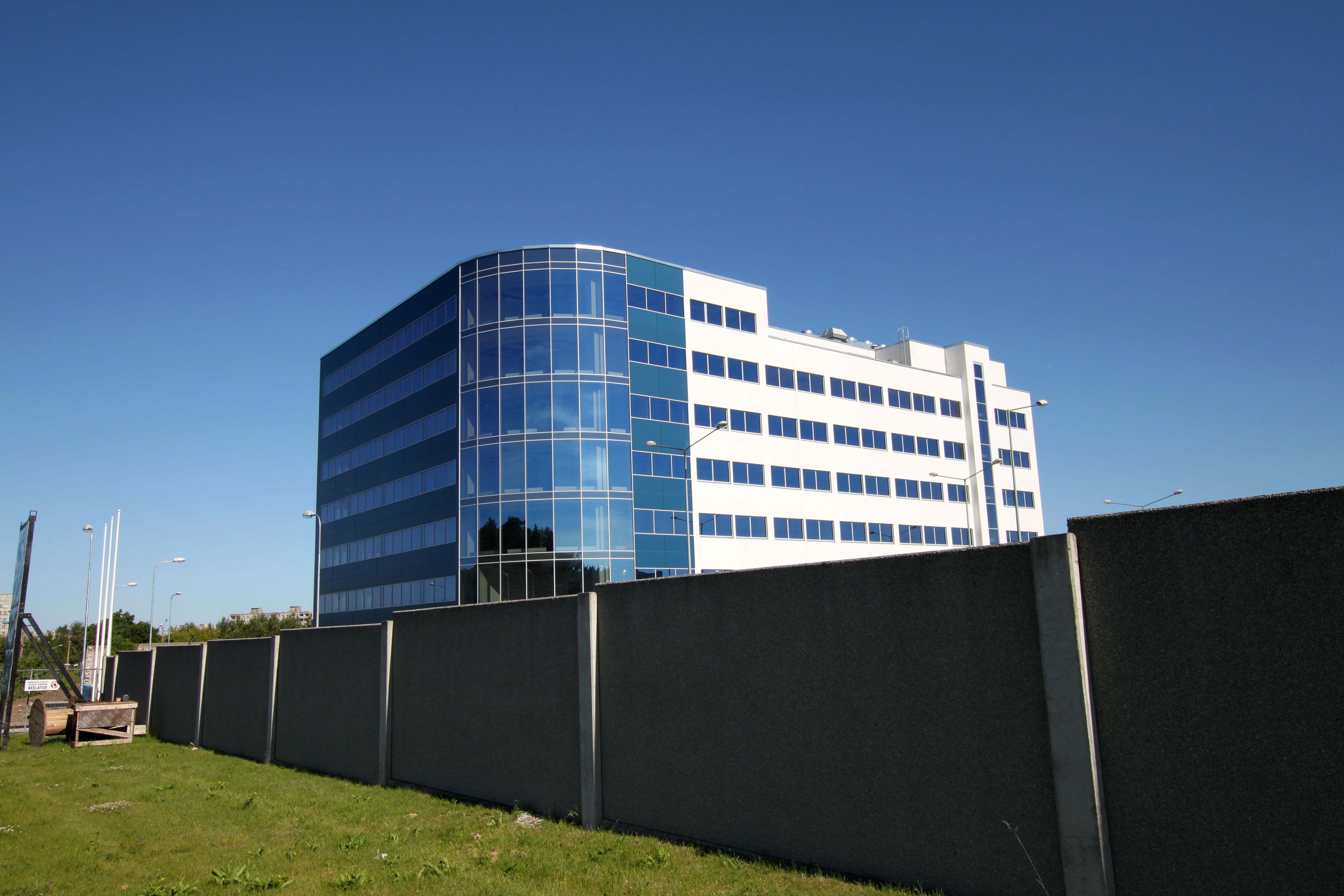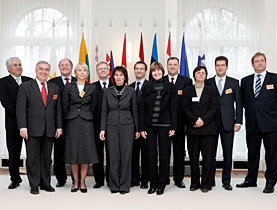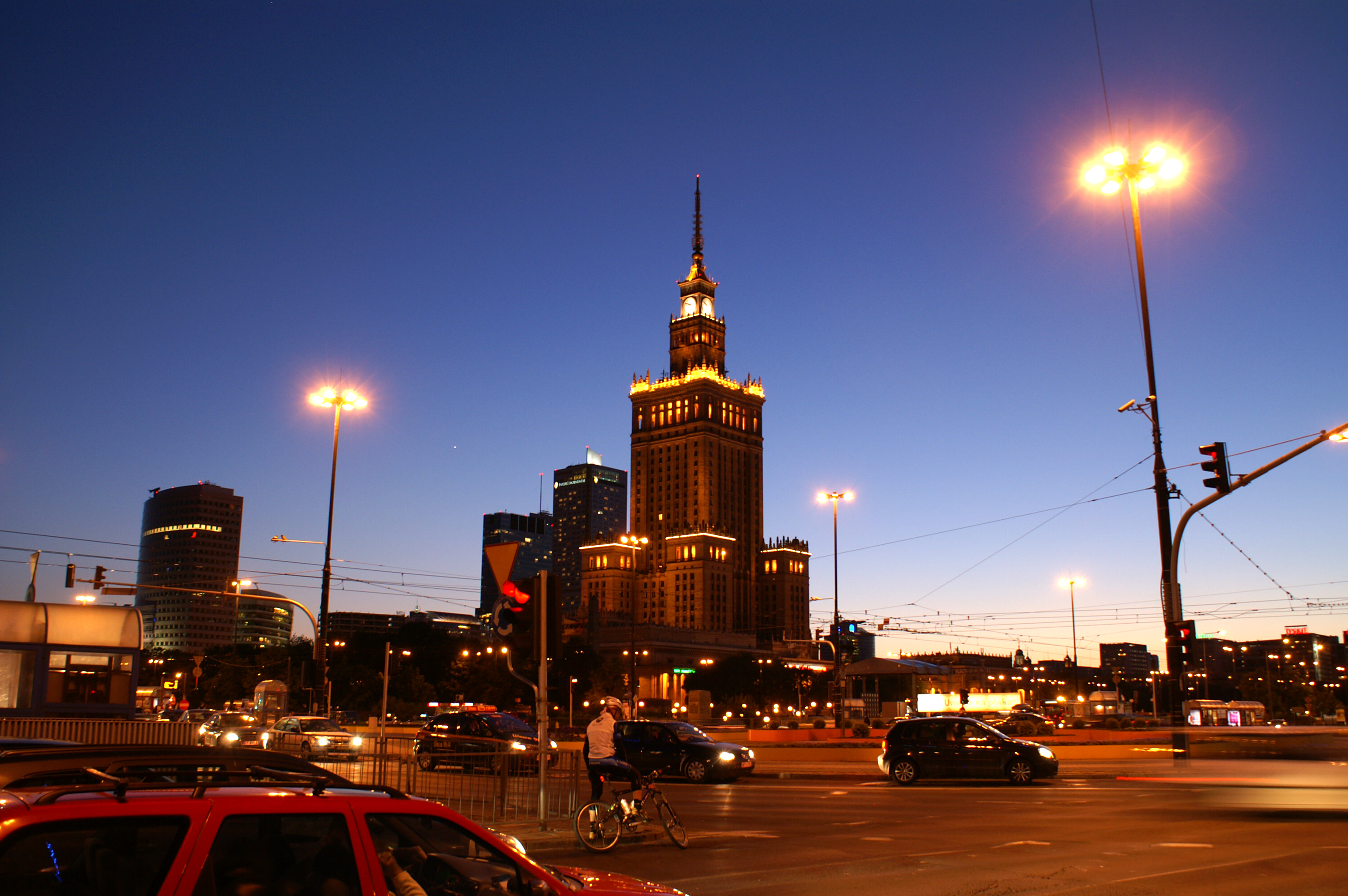Swiss culture shared with Hungarian youths

A city in Hungary has created a “Swiss Point” as a meeting place for young people interested in Helvetian culture.
The project is supported by monies from the Swiss enlargement contribution’s partnership fund.
Once part of the Roman colony of Agria, Eger is a quaint, charming tourist town in northwest Hungary. It is also the capital of Egri Bikaver, a rich red wine that is often called “bull’s blood”.
Meanwhile, the young people of Eger are thirsty for a taste of the big wide world, according to Ágnes Horváth, president of the teachers’ section of the association Agria Universitas.
“Hungary’s school curriculum is very comprehensive, but the topic of multiculturalism, which appeals to the youth, is not a part of it,” she told swissinfo.ch.
“From a Hungarian point of view, multiculturalism is practised on a daily basis and is subject to clear rules in Switzerland – whether that means living together amid multilingualism, thinking in terms of concordance or political commitment at the community level.”
Horváth noted that in Hungary there was still a lot of work to be done in this area.
The priorities are cultivating an interest in cultural and linguistic diversity and tolerance, as well as social integration and a corresponding policy of coexisting – a mix that “made us think precisely of Switzerland”, Horváth said.
1,001 books
A few years ago, Horváth had the idea of integrating a “Swiss centre” into a stately building intended for European studies. The idea was to enable students and guests to discuss topics such as Swiss literature. But the operation of such a centre, which would open a door to the world, would need funding.
In 2008, Laszlo Odor, the former Hungarian ambassador to Switzerland, received a donation of around a thousand Swiss books from the Pro Helvetia Foundation to help start the centre.
After that, Horváth sent a project concept to the Hungarian Development Agency, which coordinates its work closely with the Budapest office of the Swiss enlargement contribution.
The project’s partners are the city of Eger as well as the Swiss company Helvetia-Hungaria. Founded in Switzerland in 1930 and re-established in 1991 after the fall of communism, Helvetia-Hungaria acts as an advisor.
“Project manager Ágnes Horváth asked us because there are people in our association who can afford to contribute to the project,” Helvetia-Hungaria Vice-President Peter Guha told swissinfo.ch.
“Thanks to the partnership fund, we can also support smaller projects which, in the long term, may have a major impact and give a face to the enlargement contribution. The exchange of ideas is in the foreground, with the aim of addressing transnational problems,” said Liliana de Sá Kirchknopf , head of the Swiss office in Budapest, which coordinates support services from the so-called enlargement contribution.
From Alps to Zurich
Guha attended the grand opening of the Swiss Point in October. Fresh paint adorns the walls of the room full of books ranging on topics from the Alps and Dürrenmatt to federalism and the Zurich financial centre.
It is a collection that one would hardly expect in a town like Eger. A librarian hired by Helvetia-Hungaria keeps the lending library in order.
As an educator, Horváth knows how important it is for young people to learn about tolerance. For thousands of middle-school and university students, the Swiss Centre and its book collection will serve as an informal learning studio to expand their horizons.
To improve the political culture in their region, Agria Universitas and the Esterhazy Karoly College already offer competitions and educational programmes.
“It’s not enough just to read about it,” Horváth said. “You also have to be able to discuss it in a group of interested people. We would also like to invite experts from Switzerland or send Swiss and Hungarian students on exchange programmes so it doesn’t remain theory.”
Horváth plans to start with two programmes: one for 14- to 18-year-olds and a second for college students older than 18. The Eger region has 16 colleges.
There are also sponsors such as cooperatives and companies in the catering, construction, financial and consulting services.
“In Hungary, philanthropic donations can be deducted from the tax bill by as much as 150 per cent,” Horváth said. “Because Agria Universitas is an association, this is transparent and it is easy to incorporate new partners.”
The Swiss Point project in Eger is supported by the partnership fund of the Swiss enlargement contribution (aka “cohesion billion”).
This fund gives the enlargement contribution a face by enabling partnerships between cities, NGOs, associations, schools and institutions and by promoting social dialogue.
For these projects, 2.8% of the SFr130.7 million ($140 million) reserved for Hungary have been earmarked. Generally, the budget per project is SFr10,000-SFr100,000.
The criteria for assessment are the objectives of the bilateral framework agreement between Switzerland and Hungary, mutual benefit and the pursuit of sustainable goals.
Hungary has ten million inhabitants and an area of 93,000 square kilometres. In 2009, the purchasing power in relation to the EU average was 65%.
Helvetia-Hungaria was founded in 1930. In 1991, it was re-established after the opening of Central and Eastern Europe.
Its aim is to promote friendly relations between Switzerland and Hungary through a variety of projects – especially in the areas of humanitarian assistance, education, cultural exchange and the maintenance of economic relations.
Helvetia-Hungaria has five sections in Switzerland and four in Hungary.
It also supports the Hungarian minorities in Romania, Ukraine and Slovakia.
(Translated from German by Susan Vogel-Misicka)

In compliance with the JTI standards
More: SWI swissinfo.ch certified by the Journalism Trust Initiative





You can find an overview of ongoing debates with our journalists here . Please join us!
If you want to start a conversation about a topic raised in this article or want to report factual errors, email us at english@swissinfo.ch.